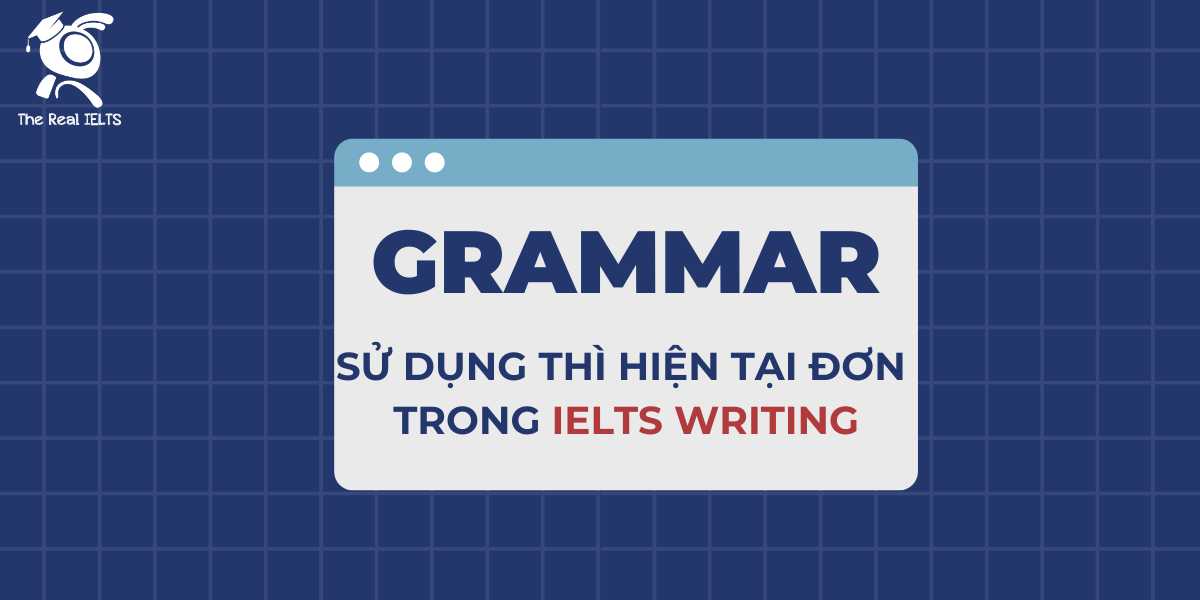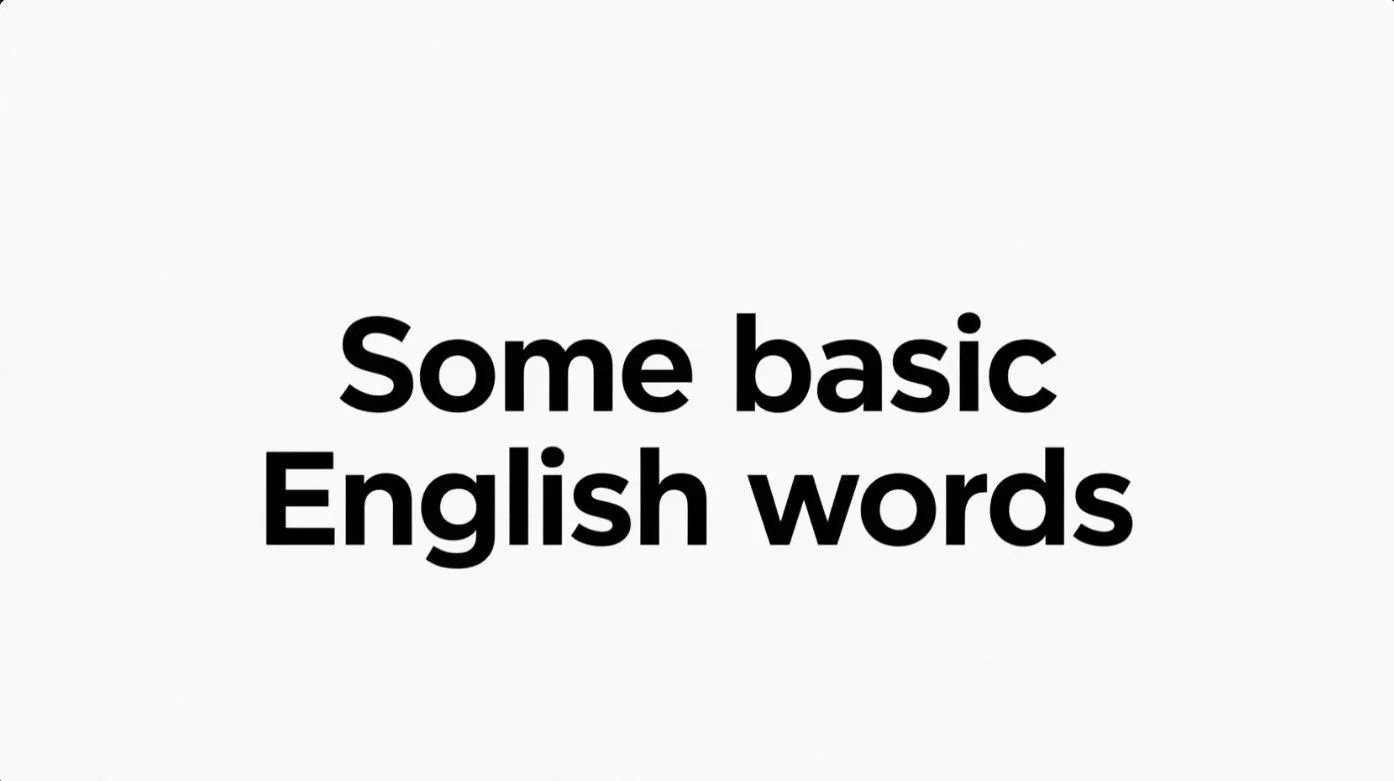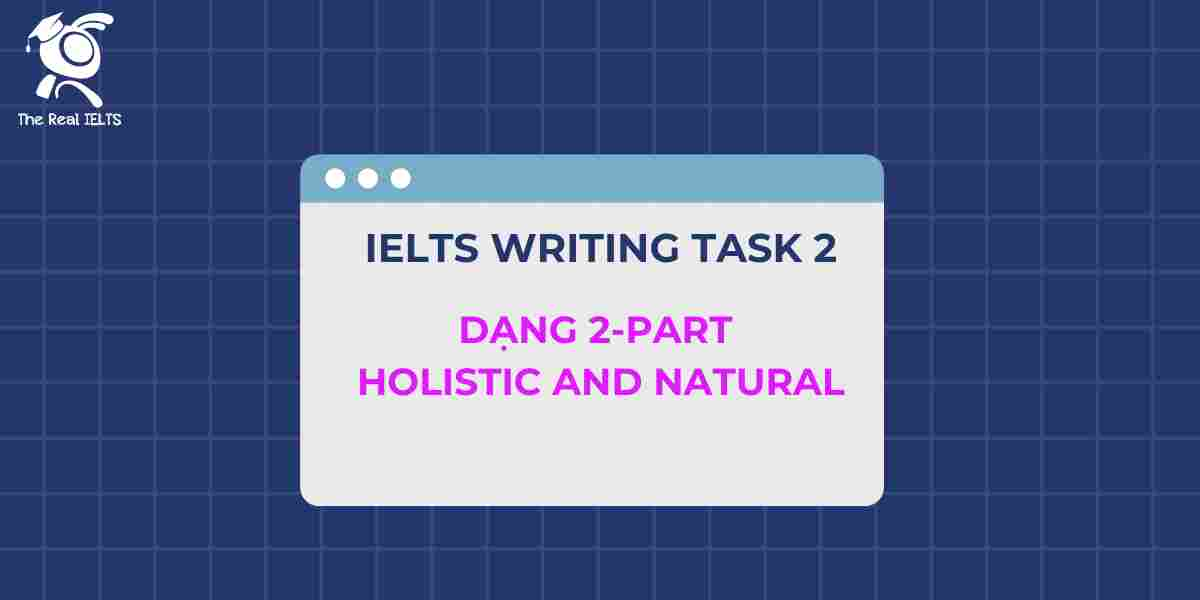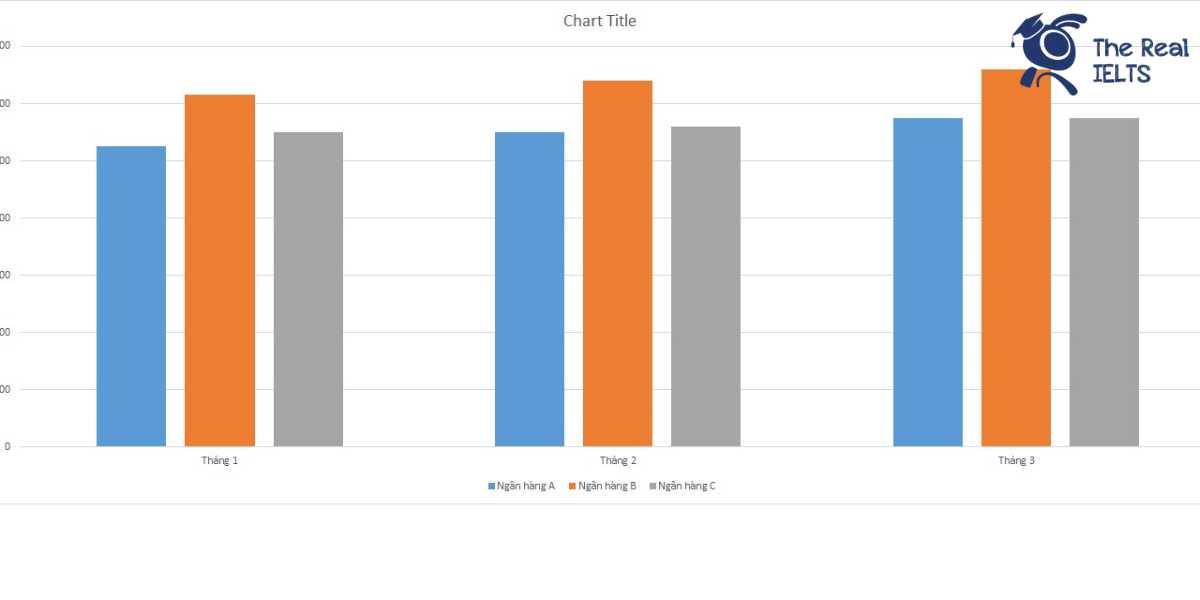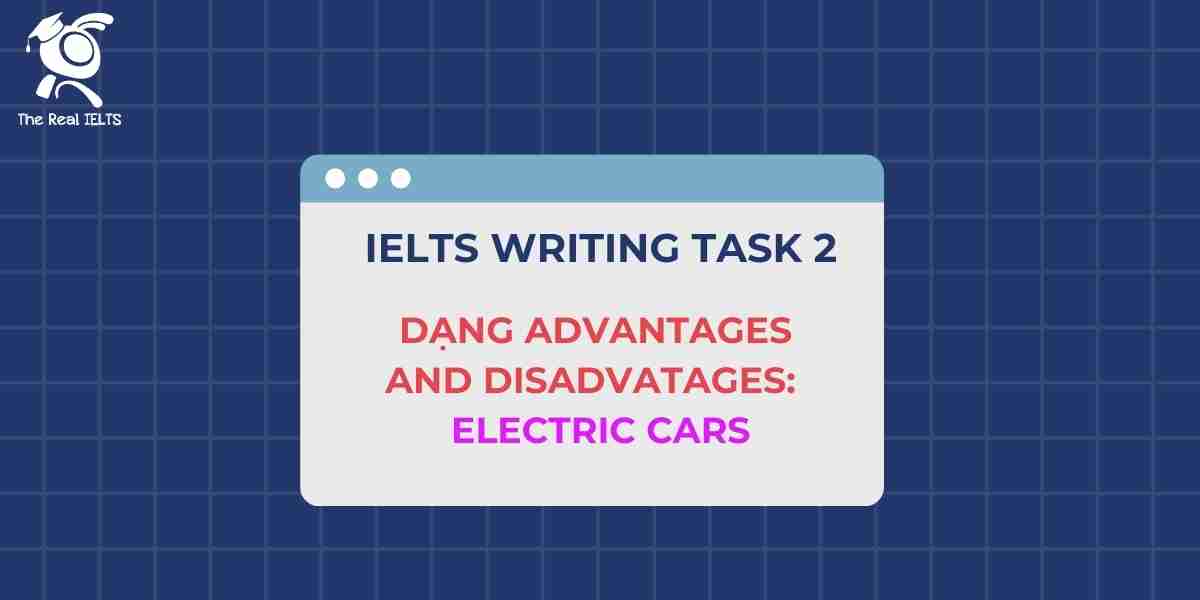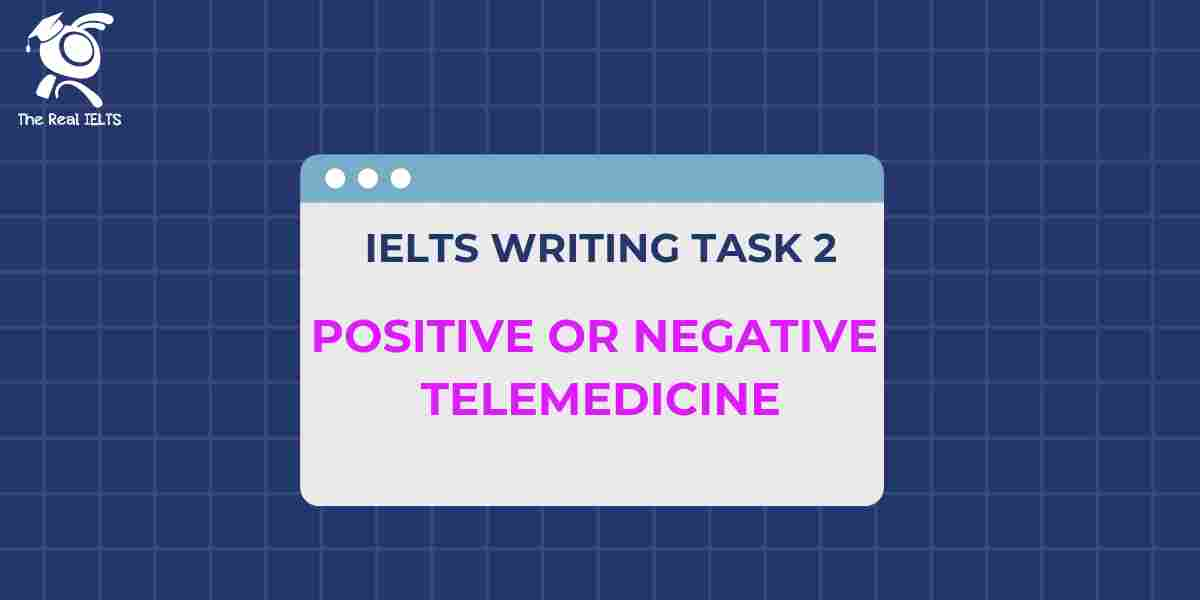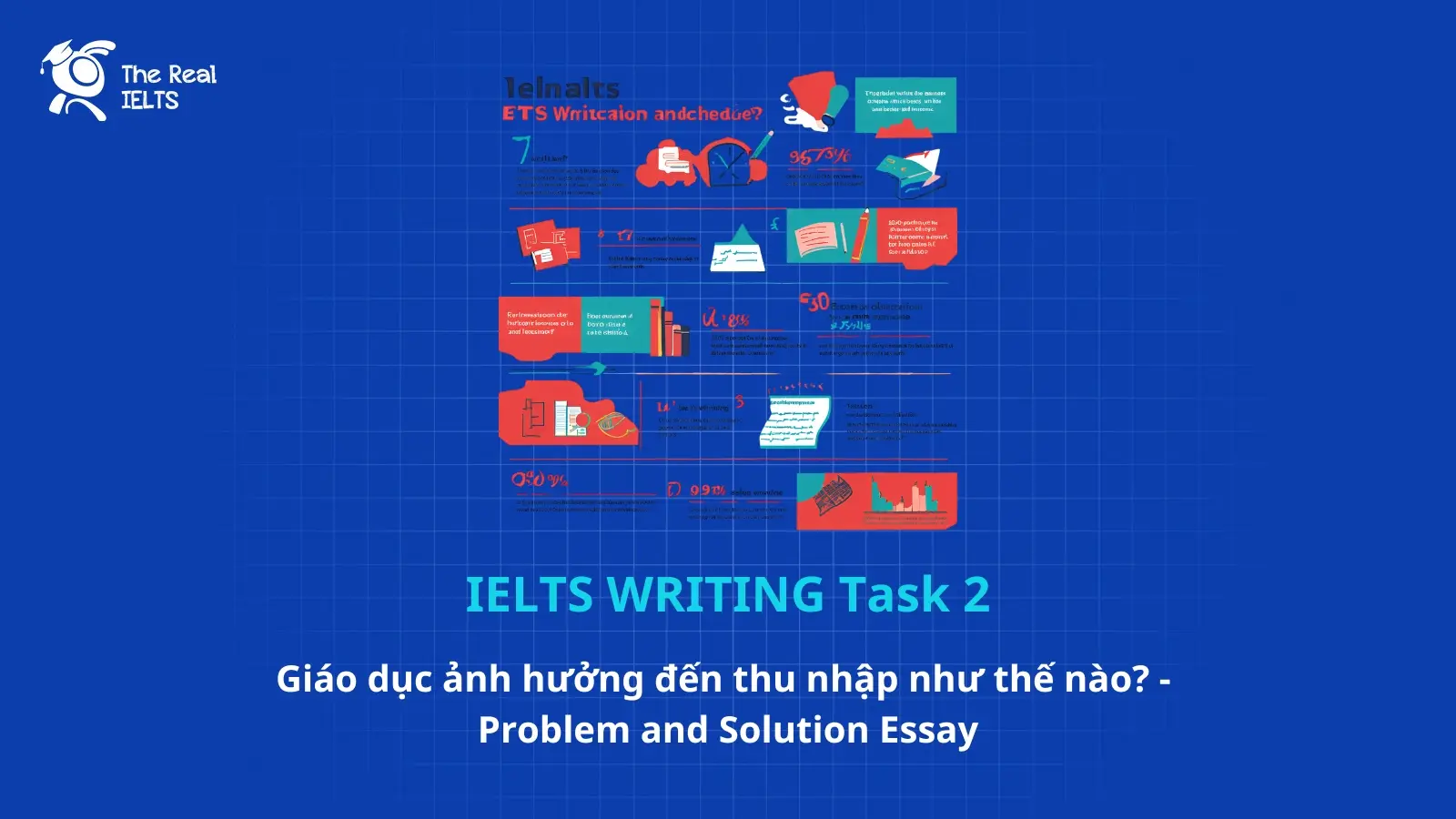100 bài tập về Thì hiện tại đơn (Present Simple) là một trong các bài tập thuộc dòng bài tập đơn giản như các bài tập được trích lại dưới link dưới đây.
Nhắc lại sơ qua cách dùng thì hiện tại đơn:
6 cách sử dụng thì hiện tại đơn trong tiếng Anh cơ bản
Làm các bài tập khác tại đây
Thì hiện tại đơn (Present Simple Tense) và 100 bài tập
100 câu bài tập viết lại câu đổi câu từ thì hiện tại đơn sang thì hiện tại tiếp diễn
Sử dụng thì hiện tại đơn trong IELTS Writing
100 câu bài tập các thì hiện tại
100 câu ví dụ hiện tại đơn thành thạo và bài tập
8 dạng bài tập luyện tập thì hiện tại đơn
100 câu bài tập thì Hiện tại đơn giới hạn 120 phút
95 câu kiểm tra tổng hợp Hiện tại hoàn thành, hiện tại đơn và thể bị động
99 câu bài tập về Hiện tại đơn và Hiện tại hoàn thành
100 câu bài tập tiếng Anh viết lại câu chuyển đổi câu từ thì hiện tại hoàn thành sang quá khứ đơn
Nếu bạn muốn chấm điểm thì làm bài tập ở đây
100 bài tập về Thì hiện tại đơn
| Câu hỏi | A | B | C | D |
| 1. She ___ to school every day. | go | goes | going | gone |
| 2. My father ___ coffee in the morning. | drink | drinks | drinking | drunk |
| 3. The sun ___ in the east. | rise | rises | rising | rose |
| 4. Tom and Jerry ___ best friends. | is | are | am | be |
| 5. We ___ English at school. | study | studies | studying | studied |
| 6. The cat ___ on the sofa. | sleep | sleeps | sleeping | slept |
| 7. She ___ TV in the evening. | watch | watches | watching | watched |
| 8. He ___ breakfast at 7 AM. | have | has | having | had |
| 9. They ___ football every weekend. | play | plays | playing | played |
| 10. The baby ___ a lot. | cry | cries | crying | cried |
| 11. My brother ___ in London. | live | lives | living | lived |
| 12. Anna ___ very fast. | run | runs | running | ran |
| 13. We ___ to music every day. | listen | listens | listening | listened |
| 14. John ___ his homework in the evening. | do | does | doing | did |
| 15. The bus ___ at 8 AM. | leave | leaves | leaving | left |
| 16. The teacher ___ English. | teach | teaches | teaching | taught |
| 17. My mother ___ dinner at 7 PM. | cook | cooks | cooking | cooked |
| 18. They ___ to the cinema every Saturday. | go | goes | going | gone |
| 19. The dog ___ loudly at night. | bark | barks | barking | barked |
| 20. Peter ___ his bike to school. | ride | rides | riding | rode |
| 21. We ___ in a big house. | live | lives | living | lived |
| 22. It ___ a lot in winter. | snow | snows | snowing | snowed |
| 23. She ___ emails every morning. | write | writes | writing | wrote |
| 24. The train ___ at 9 AM. | arrive | arrives | arriving | arrived |
| 25. The boy ___ his grandmother on Sundays. | visit | visits | visiting | visited |
| 26. You ___ very well. | sing | sings | singing | sang |
| 27. The shop ___ at 6 PM. | close | closes | closing | closed |
| 28. The flowers ___ in spring. | bloom | blooms | blooming | bloomed |
| 29. She always ___ the truth. | tell | tells | telling | told |
| 30. The clock ___ at midnight. | strike | strikes | striking | struck |
| 31. He ___ to work by bus. | go | goes | going | gone |
| 32. She ___ the piano very well. | play | plays | playing | played |
| 33. My parents ___ in a small town. | live | lives | living | lived |
| 34. The baby ___ when he is hungry. | cry | cries | crying | cried |
| 35. My sister ___ to pop music. | listen | listens | listening | listened |
| 36. The shop ___ at 9 AM. | open | opens | opening | opened |
| 37. The earth ___ around the sun. | revolve | revolves | revolving | revolved |
| 38. The doctor ___ patients every day. | examine | examines | examining | examined |
| 39. We ___ dinner at 7 PM. | eat | eats | eating | ate |
| 40. My uncle ___ in a bank. | work | works | working | worked |
| 41. Tom always ___ late. | come | comes | coming | came |
| 42. The birds ___ in the trees. | sing | sings | singing | sang |
| 43. My grandfather ___ early in the morning. | wake | wakes | waking | woke |
| 44. The students ___ their lessons. | learn | learns | learning | learned |
| 45. My friend ___ in a restaurant. | work | works | working | worked |
| 46. The teacher ___ difficult questions. | ask | asks | asking | asked |
| 47. The dog ___ at strangers. | bark | barks | barking | barked |
| 48. He ___ coffee every morning. | drink | drinks | drinking | drank |
| 49. The train ___ at 10 o’clock. | arrive | arrives | arriving | arrived |
| 50. My cousin ___ in Canada. | live | lives | living | lived |
| 51. The boy ___ his bicycle every day. | ride | rides | riding | rode |
| 52. It ___ a lot in December. | rain | rains | raining | rained |
| 53. The moon ___ at night. | shine | shines | shining | shone |
| 54. My brother ___ to work by car. | drive | drives | driving | drove |
| 55. The teacher ___ us English. | teach | teaches | teaching | taught |
| 56. He always ___ his homework. | do | does | doing | did |
| 57. The gardener ___ flowers. | water | waters | watering | watered |
| 58. The cat ___ under the table. | sleep | sleeps | sleeping | slept |
| 59. The plane ___ at 6 AM. | take off | takes off | taking off | took off |
| 60. He ___ his car every weekend. | wash | washes | washing | washed |
| 61. The girl ___ with her dolls. | play | plays | playing | played |
| 62. My father ___ breakfast every day. | cook | cooks | cooking | cooked |
| 63. The clock ___ every hour. | strike | strikes | striking | struck |
| 64. She ___ French fluently. | speak | speaks | speaking | spoke |
| 65. The sun ___ at 6 AM. | rise | rises | rising | rose |
| 66. The bus ___ at the next stop. | stop | stops | stopping | stopped |
| 67. He ___ his room on Sundays. | clean | cleans | cleaning | cleaned |
| 68. We ___ TV after dinner. | watch | watches | watching | watched |
| 69. She ___ novels in her free time. | read | reads | reading | read |
| 70. The dog ___ after the ball. | run | runs | running | ran |
| 71. He ___ to bed at 10 PM. | go | goes | going | gone |
| 72. The baby ___ when hungry. | cry | cries | crying | cried |
| 73. The shop ___ at 7 PM. | close | closes | closing | closed |
| 74. The students ___ their homework. | do | does | doing | did |
| 75. He ___ an apple every day. | eat | eats | eating | ate |
| 76. The birds ___ south in winter. | fly | flies | flying | flew |
| 77. The train ___ late sometimes. | arrive | arrives | arriving | arrived |
| 78. My brother ___ a motorbike. | ride | rides | riding | rode |
| 79. The teacher ___ the students. | teach | teaches | teaching | taught |
| 80. The wind ___ strongly in March. | blow | blows | blowing | blew |
| 81. The cat ___ milk. | drink | drinks | drinking | drank |
| 82. The bus ___ at the station. | stop | stops | stopping | stopped |
| 83. The children ___ in the garden. | play | plays | playing | played |
| 84. The sun ___ in the sky. | shine | shines | shining | shone |
| 85. The flowers ___ in spring. | bloom | blooms | blooming | bloomed |
| 86. The teacher ___ to school early. | go | goes | going | gone |
| 87. My friend ___ football on Sundays. | play | plays | playing | played |
| 88. The birds ___ in the morning. | sing | sings | singing | sang |
| 89. The baker ___ bread every morning. | bake | bakes | baking | baked |
| 90. The postman ___ letters. | deliver | delivers | delivering | delivered |
| 91. The plane ___ at 9 AM. | land | lands | landing | landed |
| 92. My grandma ___ early every day. | wake | wakes | waking | woke |
| 93. The stars ___ at night. | shine | shines | shining | shone |
| 94. He ___ home at 6 PM. | return | returns | returning | returned |
| 95. The teacher ___ the lesson. | explain | explains | explaining | explained |
| 96. My sister ___ to the radio. | listen | listens | listening | listened |
| 97. The bus driver ___ carefully. | drive | drives | driving | drove |
| 98. The sun ___ at noon. | shine | shines | shining | shone |
| 99. My dad ___ in an office. | work | works | working | worked |
| 100. The doctor ___ patients. | treat | treats | treating | treated |
Đáp án đúng:
| Câu hỏi | Đáp án đúng |
| 1. She ___ to school every day. | B |
| 2. My father ___ coffee in the morning. | B |
| 3. The sun ___ in the east. | B |
| 4. Tom and Jerry ___ best friends. | B |
| 5. We ___ English at school. | A |
| 6. The cat ___ on the sofa. | B |
| 7. She ___ TV in the evening. | B |
| 8. He ___ breakfast at 7 AM. | B |
| 9. They ___ football every weekend. | A |
| 10. The baby ___ a lot. | B |
| 11. My brother ___ in London. | B |
| 12. Anna ___ very fast. | B |
| 13. We ___ to music every day. | A |
| 14. John ___ his homework in the evening. | B |
| 15. The bus ___ at 8 AM. | B |
| 16. The teacher ___ English. | B |
| 17. My mother ___ dinner at 7 PM. | B |
| 18. They ___ to the cinema every Saturday. | A |
| 19. The dog ___ loudly at night. | B |
| 20. Peter ___ his bike to school. | B |
| 21. We ___ in a big house. | A |
| 22. It ___ a lot in winter. | B |
| 23. She ___ emails every morning. | B |
| 24. The train ___ at 9 AM. | B |
| 25. The boy ___ his grandmother on Sundays. | B |
| 26. You ___ very well. | A |
| 27. The shop ___ at 6 PM. | B |
| 28. The flowers ___ in spring. | A |
| 29. She always ___ the truth. | B |
| 30. The clock ___ at midnight. | B |
| 31. He ___ to work by bus. | B |
| 32. She ___ the piano very well. | B |
| 33. My parents ___ in a small town. | A |
| 34. The baby ___ when he is hungry. | B |
| 35. My sister ___ to pop music. | B |
| 36. The shop ___ at 9 AM. | B |
| 37. The earth ___ around the sun. | B |
| 38. The doctor ___ patients every day. | B |
| 39. We ___ dinner at 7 PM. | A |
| 40. My uncle ___ in a bank. | B |
| 41. Tom always ___ late. | B |
| 42. The birds ___ in the trees. | A |
| 43. My grandfather ___ early in the morning. | B |
| 44. The students ___ their lessons. | A |
| 45. My friend ___ in a restaurant. | B |
| 46. The teacher ___ difficult questions. | B |
| 47. The dog ___ at strangers. | B |
| 48. He ___ coffee every morning. | B |
| 49. The train ___ at 10 o’clock. | B |
| 50. My cousin ___ in Canada. | B |
| 51. The boy ___ his bicycle every day. | B |
| 52. It ___ a lot in December. | B |
| 53. The moon ___ at night. | B |
| 54. My brother ___ to work by car. | B |
| 55. The teacher ___ us English. | B |
| 56. He always ___ his homework. | B |
| 57. The gardener ___ flowers. | B |
| 58. The cat ___ under the table. | B |
| 59. The plane ___ at 6 AM. | B |
| 60. He ___ his car every weekend. | B |
| 61. The girl ___ with her dolls. | B |
| 62. My father ___ breakfast every day. | B |
| 63. The clock ___ every hour. | B |
| 64. She ___ French fluently. | B |
| 65. The sun ___ at 6 AM. | B |
| 66. The bus ___ at the next stop. | B |
| 67. He ___ his room on Sundays. | B |
| 68. We ___ TV after dinner. | A |
| 69. She ___ novels in her free time. | B |
| 70. The dog ___ after the ball. | B |
| 71. He ___ to bed at 10 PM. | B |
| 72. The baby ___ when hungry. | B |
| 73. The shop ___ at 7 PM. | B |
| 74. The students ___ their homework. | A |
| 75. He ___ an apple every day. | B |
| 76. The birds ___ south in winter. | B |
| 77. The train ___ late sometimes. | B |
| 78. My brother ___ a motorbike. | B |
| 79. The teacher ___ the students. | B |
| 80. The wind ___ strongly in March. | B |
| 81. The cat ___ milk. | B |
| 82. The bus ___ at the station. | B |
| 83. The children ___ in the garden. | A |
| 84. The sun ___ in the sky. | B |
| 85. The flowers ___ in spring. | A |
| 86. The teacher ___ to school early. | B |
| 87. My friend ___ football on Sundays. | B |
| 88. The birds ___ in the morning. | A |
| 89. The baker ___ bread every morning. | B |
| 90. The postman ___ letters. | B |
| 91. The plane ___ at 9 AM. | B |
| 92. My grandma ___ early every day. | B |
| 93. The stars ___ at night. | A |
| 94. He ___ home at 6 PM. | B |
| 95. The teacher ___ the lesson. | B |
| 96. My sister ___ to the radio. | B |
| 97. The bus driver ___ carefully. | B |
| 98. The sun ___ at noon. | B |
| 99. My dad ___ in an office. | B |
| 100. The doctor ___ patients. | B |
Điểm lại lý thuyết thì hiện tại đơn
Thì hiện tại đơn (Present Simple Tense) là một trong những thì cơ bản và quan trọng nhất trong tiếng Anh. Thì này được sử dụng rộng rãi trong nhiều ngữ cảnh khác nhau, giúp diễn đạt thói quen, sự thật hiển nhiên, lịch trình cố định và nhiều tình huống khác. Bài viết này sẽ đi sâu vào cách sử dụng thì hiện tại đơn, công thức, và các ví dụ minh họa để giúp bạn hiểu rõ hơn về cách dùng thì này.
1. Khái Niệm Và Công Thức Của Thì Hiện Tại Đơn
Thì hiện tại đơn là thì dùng để diễn tả một hành động hoặc trạng thái xảy ra ở hiện tại. Cấu trúc chung của thì này như sau:
Câu khẳng định:
- Đối với chủ ngữ số ít (he, she, it, danh từ số ít), động từ thêm “-s” hoặc “-es” ở dạng khẳng định.
- Đối với chủ ngữ số nhiều (I, you, we, they, danh từ số nhiều), động từ giữ nguyên dạng nguyên thể.
Ví dụ:
- She goes to school every day. (Cô ấy đi học mỗi ngày.)
- They play football on weekends. (Họ chơi bóng đá vào cuối tuần.)
Câu phủ định:
- Sử dụng trợ động từ “do not” (don’t) cho I, you, we, they.
- Sử dụng “does not” (doesn’t) cho he, she, it.
Ví dụ:
- I don’t like coffee. (Tôi không thích cà phê.)
- He doesn’t watch TV in the evening. (Anh ấy không xem TV vào buổi tối.)
Câu nghi vấn:
- Sử dụng “Do” hoặc “Does” ở đầu câu.
- Động từ chính giữ nguyên dạng nguyên thể.
Ví dụ:
- Do you like ice cream? (Bạn có thích kem không?)
- Does she go to school by bus? (Cô ấy có đi học bằng xe buýt không?)
2. Các Trường Hợp Sử Dụng Thì Hiện Tại Đơn
2.1. Diễn tả thói quen hoặc hành động lặp đi lặp lại
Thì hiện tại đơn được sử dụng để nói về những thói quen, hành động lặp đi lặp lại theo một chu kỳ nhất định, có thể là hàng ngày, hàng tuần, hàng tháng,…
Ví dụ:
- I usually get up at 6 a.m. (Tôi thường thức dậy lúc 6 giờ sáng.)
- Office staff usually take a nap at their office at noon. (Nhân viên văn phòng thường ngủ trưa tại văn phòng.)
- She goes to the gym three times a week. (Cô ấy đi tập gym ba lần một tuần.)
Những trạng từ chỉ tần suất thường đi kèm với thì hiện tại đơn trong trường hợp này bao gồm: always, usually, often, sometimes, rarely, never,…
Ví dụ:
- He always arrives at work on time. (Anh ấy luôn đến chỗ làm đúng giờ.)
- They never drink alcohol. (Họ không bao giờ uống rượu.)
2.2. Diễn tả sự thật hiển nhiên hoặc chân lý
Một trong những cách sử dụng phổ biến của thì hiện tại đơn là để mô tả các sự thật hiển nhiên, chân lý khoa học hoặc những điều không thể thay đổi theo thời gian.
Ví dụ:
- The Earth moves around the Sun. (Trái Đất quay quanh Mặt Trời.)
- Water freezes at zero degrees. (Nước đóng băng ở 0 độ.)
- The sun rises in the east and sets in the west. (Mặt trời mọc ở hướng Đông và lặn ở hướng Tây.)
Những câu nói về quy luật tự nhiên, định luật vật lý, hoặc bất kỳ điều gì mang tính khoa học thường sử dụng thì hiện tại đơn.
2.3. Diễn tả lịch trình, thời gian biểu cố định
Thì hiện tại đơn được sử dụng để diễn đạt các lịch trình đã được sắp xếp trước, bao gồm lịch trình tàu xe, máy bay, thời gian học tập, lịch chiếu phim,…
Ví dụ:
- The plane lands at 10 a.m. tomorrow. (Máy bay hạ cánh lúc 10 giờ sáng mai.)
- The flight from Ho Chi Minh City to Singapore departs at 8 a.m. tomorrow. (Chuyến bay từ TP.HCM đến Singapore khởi hành lúc 8 giờ sáng mai.)
- The train arrives at the station at 7 p.m. (Chuyến tàu đến ga lúc 7 giờ tối.)
2.4. Diễn tả cảm xúc hoặc trạng thái hiện tại
Thì hiện tại đơn cũng được sử dụng khi diễn đạt cảm xúc, cảm giác hoặc trạng thái của một người tại thời điểm hiện tại. Một số động từ thường gặp trong trường hợp này là: love (yêu), like (thích), hate (ghét), want (muốn), feel (cảm thấy), need (cần), know (biết), understand (hiểu), believe (tin tưởng), seem (có vẻ),…
Ví dụ:
- Jane feels excited thinking about meeting her little niece. (Jane cảm thấy phấn khích khi nghĩ đến việc gặp cháu gái nhỏ của mình.)
- I love this song. (Tôi thích bài hát này.)
- He believes in ghosts. (Anh ấy tin vào ma quỷ.)
2.5. Đưa ra hướng dẫn hoặc chỉ dẫn
Thì hiện tại đơn thường được dùng trong các hướng dẫn, chỉ dẫn hoặc mệnh lệnh.
Ví dụ:
- You walk for two hundred meters, then you turn left. (Bạn đi thẳng 200 mét, sau đó rẽ trái.)
- First, you mix the flour with water. (Đầu tiên, bạn trộn bột với nước.)
- Open the book and read the first page. (Mở sách ra và đọc trang đầu tiên.)
2.6. Trong câu điều kiện loại 1
Trong câu điều kiện loại 1 (nói về điều có thể xảy ra trong tương lai), thì hiện tại đơn được sử dụng trong mệnh đề “if”.
Ví dụ:
- If I pass this exam, my parents will take me to London. (Nếu tôi đỗ kỳ thi này, bố mẹ tôi sẽ đưa tôi đến London.)
- If you eat too much, you will gain weight. (Nếu bạn ăn quá nhiều, bạn sẽ tăng cân.)
Thì hiện tại đơn là một trong những thì quan trọng và được sử dụng rộng rãi trong tiếng Anh. Nó giúp diễn đạt các thói quen, sự thật hiển nhiên, lịch trình cố định, cảm xúc, hướng dẫn, và cả trong câu điều kiện loại 1. Việc nắm vững cách sử dụng thì này sẽ giúp bạn giao tiếp tiếng Anh một cách tự nhiên và chính xác hơn.


